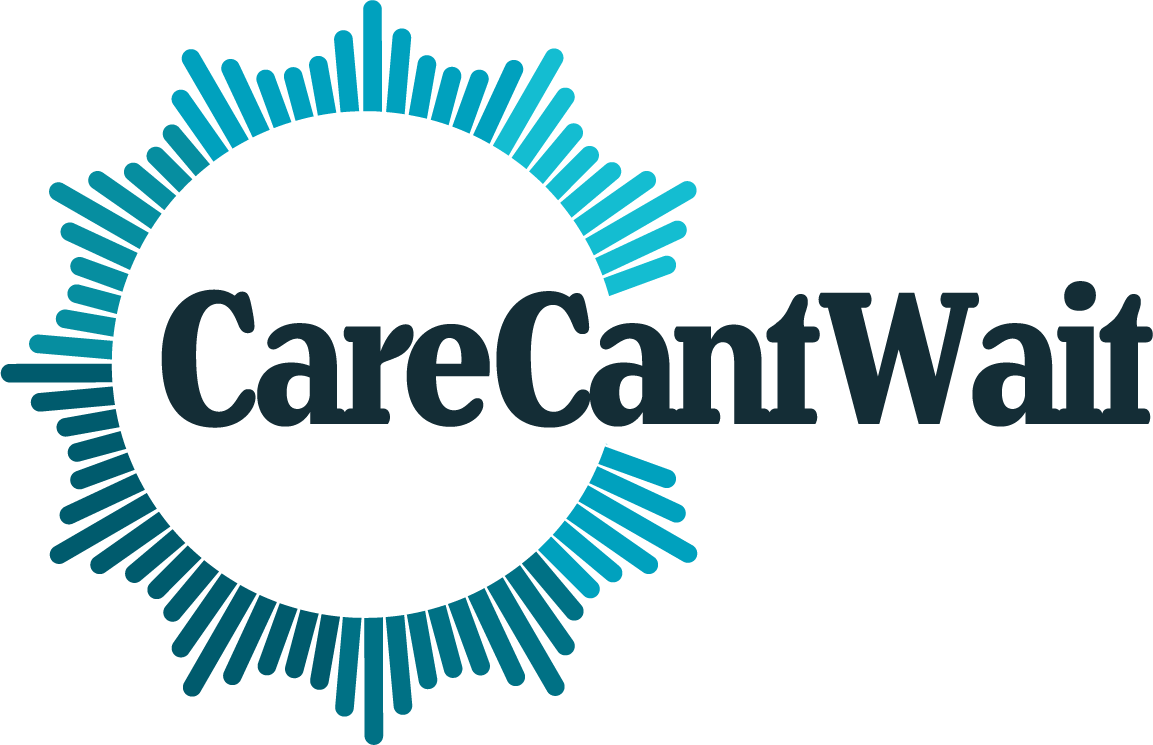Care Team Bios
Darlene Pfeiffer
For over 50 years Darlene L. Pfeiffer built a philanthropic and entrepreneurial legacy fueled by her passion for women and education. In 1966 Darlene was inspired to launch an entrepreneurial career in fast-food after a chance meeting with Dave Thomas, the future founder of Wendy’s. Darlene went on to open 5 KFC Franchise locations, and built her business for over 50 years. Darlene has also been involved with numerous charitable organizations throughout the Hudson Valley NY and has devoted much of her life helping students pursue their education through her work as a philanthropist. In 2020 Darlene injured her back which required her to receive support at home. She is deeply grateful for Patrice James, who provides her assistance, and is active in Hand in Hand's New York Caring Majority campaign to raise the pay for home care workers.
Patrice James
Patrice grew up on the island of Jamaica where she developed a deep empathy for people by watching how her grandmother took care of older people in the community. From the time she was a little girl she wanted to become a nurse. Patrice immigrated to New York in 2000 and became a CNA in 2007. Since then, she has worked in nursing homes and as a home healthcare worker. She got her Associates Degree in Liberal Arts from SUNY Ulster in 2018 and still plans to become a nurse. Patrice loves cooking, loves people and has two daughters, Tiffanie, age 21, and Jahmelia, age 15.
Interview Transcript
Darlene: My name is Darlene Pfeiffer, and last November, I fell and I hurt my back, I cracked two vertebrae. And the reason Patricia is so important in my life with the cracked vertebrae, of course, I couldn't walk and I couldn't perform daily functions. That is, I couldn't feed myself. I couldn't shower. I could do nothing for myself, really. And she came into my life as a recommendation from someone else.
Patrice: My name is Patrice Pringle. My job means a lot to me. It makes me want to give in any way, shape or form I can. My passion is really to give back whatever I can to the elderly because it gives me satisfaction and gives me hope that one day that as I age that someone will be there to take care of me also.
Darlene: Patrice is great because she's kind, loving, caring, giving. She's my eyes. My eyes have failed terribly since I had the injury. She watches for me. She holds on to me at all times, telling me there's a curb there, there's a high curb, there's a low curb. And she reads The New York Times to me. She reads my email to me. So she performs all of the daily functions of what I need.
Patrice: My job teaches me to have more compassion and empathy for people, no matter what ethnicity they're from. The most important thing that I need from my employer is respect. And then everything will fall into place. You know, once there's respect and each other has empathy for each other, I believe everything will fall into place
Darlene: To make the care industry more equitable. I believe that we have to pay them according to their skill. And it's difficult to get somebody to come in and do the work that I have described that a caregiver must give for minimum wage. No, not only difficult, but it's unfair. It's wrong that caregivers should get a living wage. If we gave them a living wage, we could keep more people in their homes. People don't want to go to a home a rest home a facility and leave their home that they've lived in all their life. Go from a five room house to a half of a room that they're sharing with someone. I've seen it happen. My dear friend went in the home and she was dead within a year. She she hated it. She couldn't get service there because they were overwhelmed. She didn't want to leave her home, but because there was no one to care for her at the house and no one would come and care for her at minimum wage, she had to leave her home. I think that is probably the most inequitable aspect of our living today, is that we do not pay fair wages, living wages to people willing to go in and care for elderly people or people that just are unable to care for themselves. This is a necessary part of our living. Rather than saying, oh yeah, she just takes care of grandma or whatever. And so that's what I have learned, that we have to have these caregivers.
Patrice: Home care is a fulfilling job. If our leaders and our politicians would look into the system that is broken wherever part of the system that is broken and try to fix it so that our elders can be taken care of because they have contributed to their community or their lives. So at the end, I believe they should be taken care fully. So if they are leaving this earth they go out with peace within.




